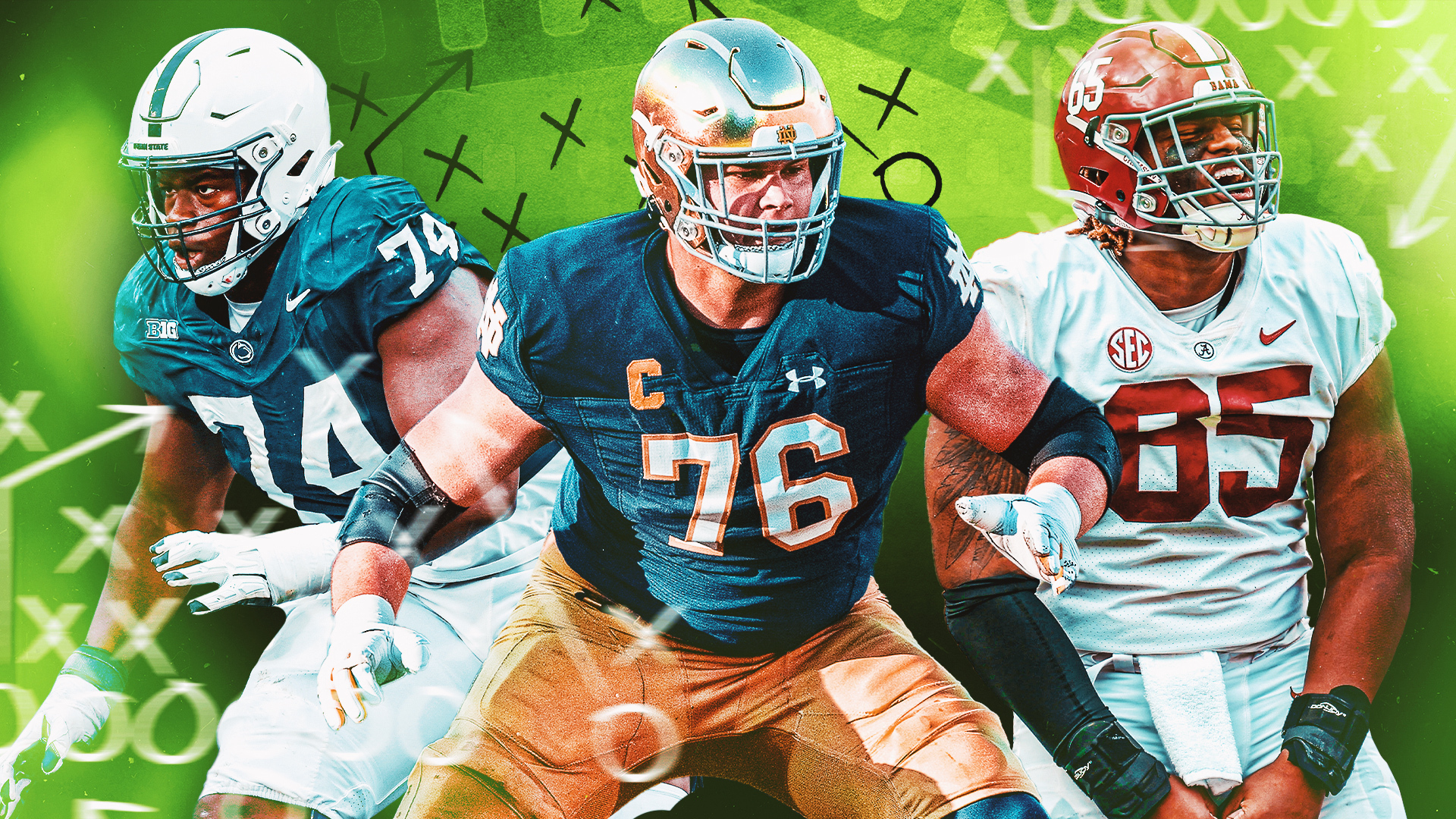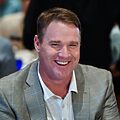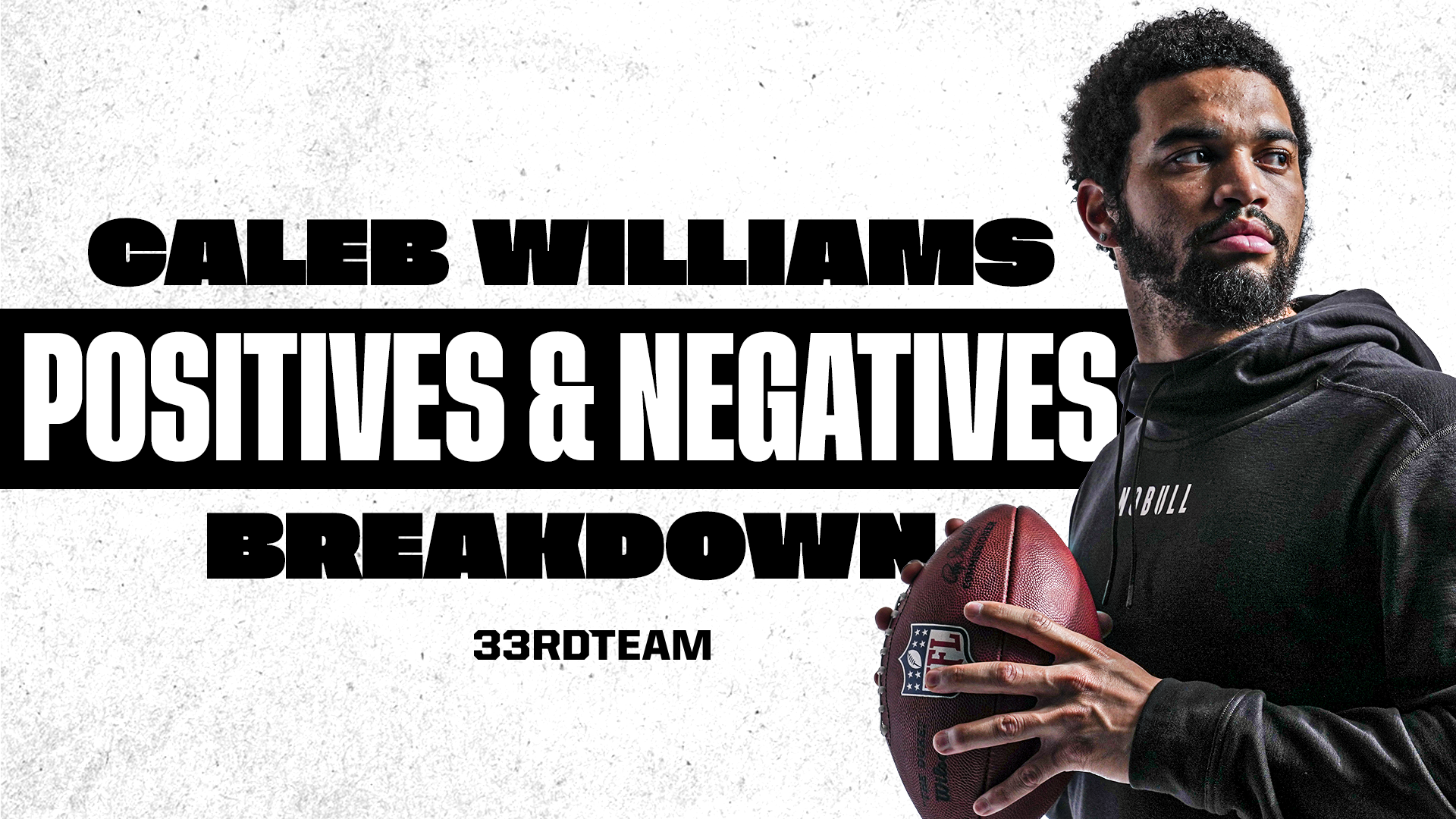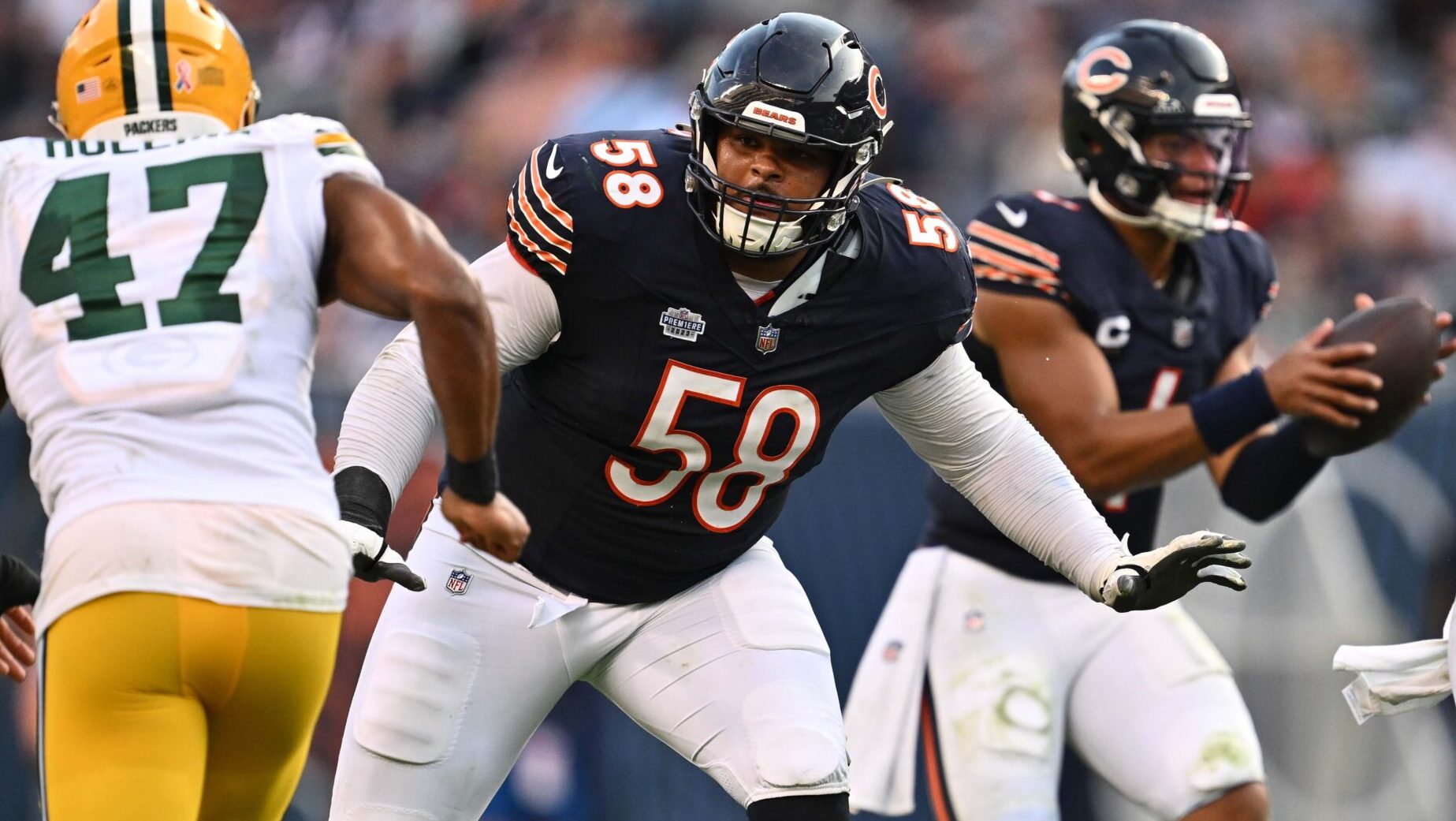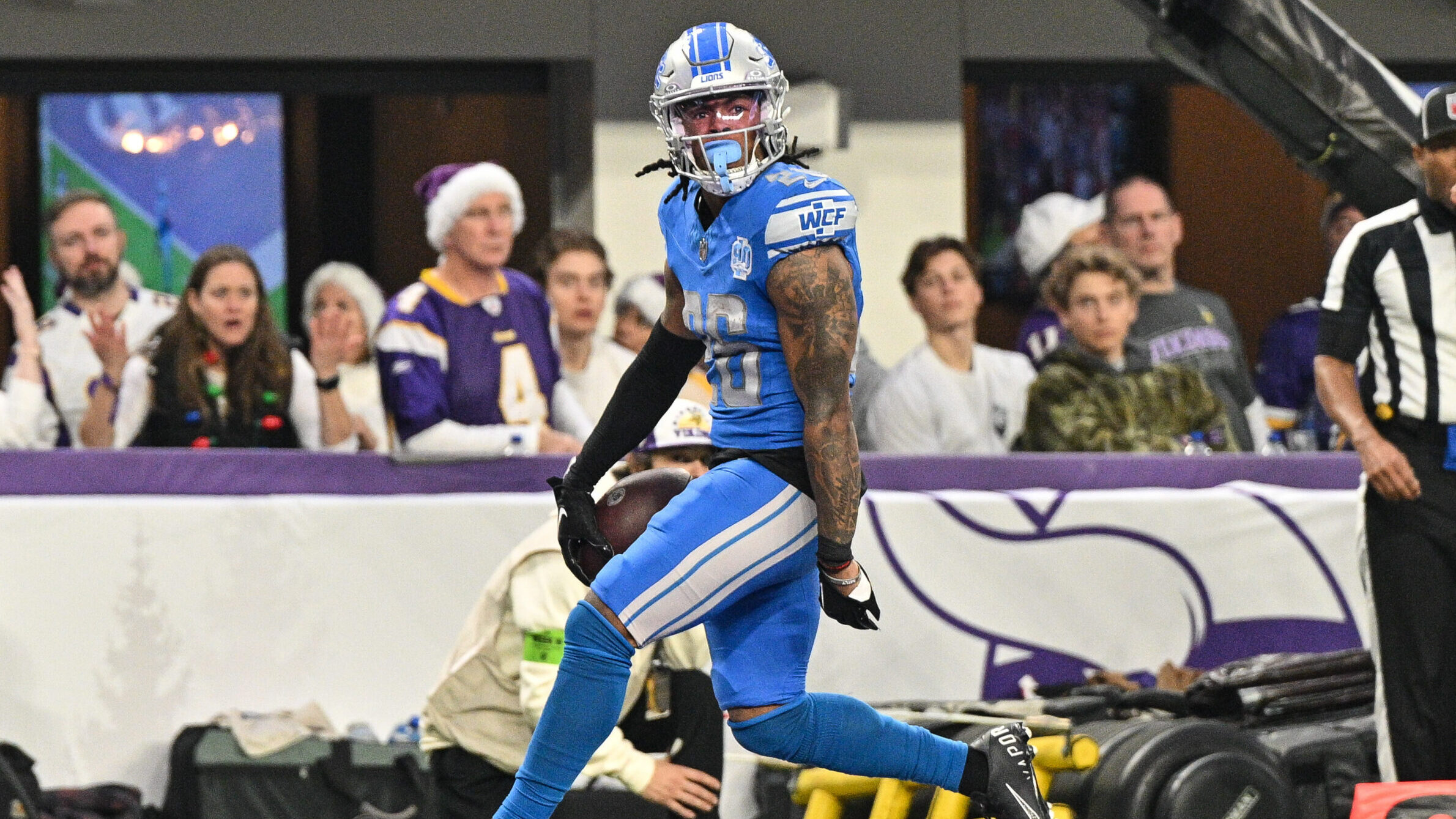Analysis
1/6/21
5 min min read
Evaluating the Big Defensive Extensions in 2020
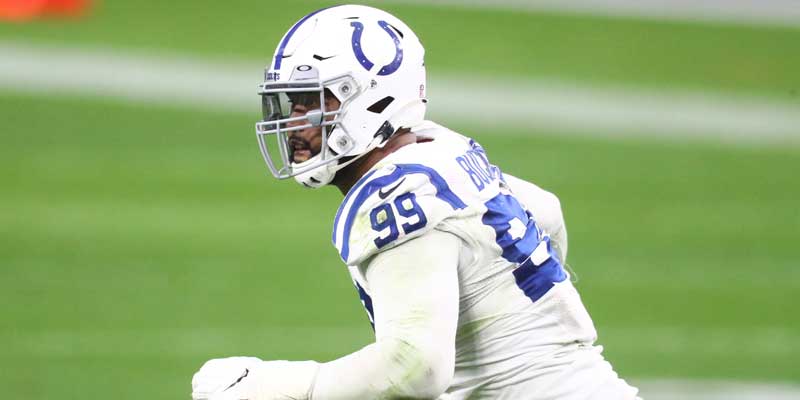

Last week we took a look at some of the offensive players who signed big offseason contract extensions. This week, let’s evaluate some of the big defensive signings:
CBs
Byron Jones, Dolphins
Byron Jones agreed to join the Dolphins for a 5-year, $82.5 million deal, making it one of the more lucrative contracts in the league. Jones is guaranteed upwards of $57 million dollars, $40 million guaranteed in the first two years.
While Jones didn’t have outstanding production this season, the Miami defense was the key to their 10-6 season. The Dolphins were the sixth-best defense in terms of opponent points/game, holding teams to 21.1 points/game. Miami was the only team in the league to have at least one takeaway in all 16 games this season. Jones had a career-best 2 INTs, but he allowed a 59.1% completion percentage, 714 total yards and 4 TDs – those last three stats were the worst numbers for Jones’ career statistically.
James Bradberry, Giants
Former Carolina Panthers cornerback James Bradberry signed a three-year deal with the Giants worth $43.5 million. About $32 million of this contract is guaranteed money. With Janoris Jenkins being released during the 2019 season, the Giants were in need of a player to come in and offer some stability to their secondary, and Bradberry provided that and more.
Bradberry tied for second in the NFL this season with 18 passes defensed. Only Xavien Howard had more with 20. While he hasn’t been a complete ball-hawk, Bradberry ended the season as the Giants’ leader in interceptions, with 3. He added 54 tackles and 2 forced fumbles to his stat line as well, making it a solid first season with his new team.
DEs
Arik Armstead, 49ers
This past offseason, the 49ers made the decision to pay Arik Armstead instead of DeForest Buckner. By trading away Buckner to the Colts, the 49ers received the 13th overall pick in the 2020 NFL Draft (which they used to trade down to 14 to get Javon Kinlaw). By keeping Armstead and paying a cheaper price, San Francisco was able to re-sign safety Jimmie Ward.
Kinlaw was supposed to help lessen the blow of losing Buckner, but after a slew of injuries for the 49ers, the rookie was thrown into full-time action a little too soon. However, this isn’t to say we haven’t seen flashes of his ability. As Mike Tannenbaum sees it, “Kinlaw may not get to the same ceiling as Buckner, but he has a chance to be a contributor, a good player for the 49ers. Given all the other needs the 49ers had to spend on, it was probably a good use of cap dollars to let Buckner go and then reallocate that into a rookie contract.”
On the other side, Tannenbaum believes Buckner “immediately upgraded Indy; he puts them in contention this year and is a certainty for the Colts, who had the cap space to do it.” He went on to say that as an organization you always bet on, “Producton, character and age, and certainly Buckner checks all of those boxes.”
Tannenbaum added that he wouldn’t necessarily call this situation a slam dunk for either side as the grade for Kinlaw is still “an incomplete.”
But for now, looking at the team side of things for the 49ers, it is important to factor in not only the players (Armstead and Ward) they got to keep by letting Buckner go, but also the money they may have freed up for extensions down the road. A big one that Tannenbaum brought up was Nick Bosa.
“This year is only a small part of when you're looking at who you are keeping and who’s going,” said Tannenbaum.
Former Eagles president Joe Banner acknowledged what the 49ers were trying to do: elect to pay two key players instead of just one. That said, he doesn’t see the “math adding up.” In his opinion, he believes that San Franciscio might have “been aggressive in what they paid both those guys (Armstead and Ward).”
He went on to explain, “If you look at Ward, Armstead and Buckner, they all did similar length deals with similar timeframes before you can get out of them. The combination of Ward and Armstead is a moderate amount more than just Buckner. If you just use the averages, it sounds like about $25 million to keep Armstead and Ward and about $21 million to have kept Buckner.”
There is no denying Buckner has been Indianapolis’ rock on the defensive line this season. The Colt’s worst rush defensive outing came in Buckner’s lone missed game. when Derrick Henry rushed for 178 yards and 3 TDs.
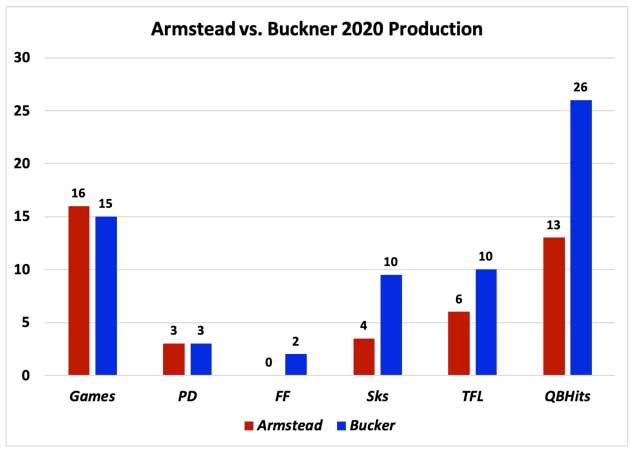
The jury is still out on whether this was a win-win for both teams. In the big scheme of things, San Francisco probably made the wiser decision for the organization down the road when deciding to part ways with Buckner. While Indianapolis has received more than they bargained for with adding Buckner to their roster, as he has become an integral part in them making a playoff run.
Robert Quinn, Bears
The Bears have loaded up on the defensive side of the ball and are going to struggle to rework the offense this offseason due to Chicago’s limited cap space. One monstrous investment on the defensive side of the ball that has yet to pan out is defensive end Robert Quinn.
Quinn locked up a five-year, $70 million contract this offseason, $30 million of which is guaranteed. This was Quinn’s third contract. Mike Giddings, former NFL assistant offensive line coach and now owner of Proscout Inc., believes that an organization should only pay big money to players entering their third contract if they are a lock to become a Hall of Famer.
The Bears opted to go out and get Quinn, letting go of Leonard Floyd because of his lack of production, particularly in the sack column. The Rams picked up Floyd for $10 million and he has outperformed expectations, registering a career-high 10.5 sacks this season.
Quinn, on the other hand, has just 2.0 sacks on the season.
The Bears would suffer a dead cap hit of $23.9 million next season if they were to release Quinn, and with the tape he put out in 2020, it would be difficult to find a team that is willing to talk any kind of trade.
One Year Prove-It Deal:
Xavier Rhodes, CB, Colts
Rhodes is quietly having one of his best years in the NFL after the Vikings released him before the season got underway. Indianapolis decided to take a chance on Rhodes, signing him to a one-year, $3 million contract. The deal included a $1 million signing bonus and $1 million of guaranteed money. The Colts have benefited from the addition of Rhodes; he may have proved that his decline in Minnesota was actually due to playing through injuries. According to PFF (prior to Week 17), Rhodes had the lowest completion percentage allowed this season at 47.8%.


